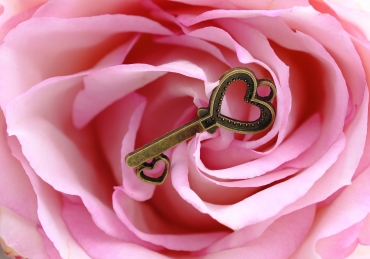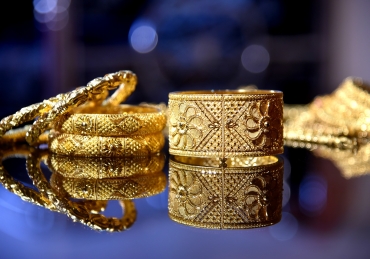Islamic perspective on the assets owned by the spouses
بسم الله الرحمن الرحیم
This document outlines the Islamic perspective on the assets owned by the husband and wife during their marriage and also thereafter in the event of the dissolution of the marriage due to death or divorce.
During marriage
- Gifts exchanged prior to and during the marriage belong to the giftee. The person making the gift should not demand for the gift to be returned.
- The earnings of a husband belong to the husband. However, the husband is responsible to provide housing, food, clothes and other necessities for the wife and children.
- The earnings of a wife belong to the wife. The husband has no entitlement in the earnings or assets of his wife. The wife is not responsible to contribute financially although it is recommended to do so if there is a need.
- Any property owned by the husband belongs to him even if acquired during marriage. If the wife contributes to the purchase, it should be made clear whether her contribution is by way of gift, loan or equity in the property.
- A spouse can decide to gift a part of a property to their spouse if they wish to do so. This is not necessary.
- Where there is joint ownership of a property or there is a joint bank account, it must be clear from the outset who owns what percentage.
- If the legal owner(s) of a property is different to the actual owner, this should be clarified in writing and included in one’s will.
- Each spouse should know clearly what and how much they own. This applies to everything including cars, houses, household items and computers. This is also necessary to know for Zakat and also for inheritance and division of assets in the event of a divorce.
Dissolution of the marriage
- The dowry belongs to the wife and cannot be demanded by the husband in the event of a divorce. There are some exceptions to this if the wife requests a divorce. A scholar should be consulted at this stage.
- In the event of a divorce, the spouse should not demand for any gift to be returned.
- If either spouse passes away, the assets of the deceased will be distributed according to Islamic principles. The spouse is also entitled to a share. A scholar should be consulted to determine the share as this depends on who is alive at the time of death.
- From an Islamic perspective, the assets do not automatically transfer to the surviving spouse.
- It is not permissible for a person to make a financial bequest for an heir. Therefore, a spouse cannot make a bequest for a spouse. The inheritance shares are fixed in Shariah. One can make a gift to their spouse whilst they are alive, however, it must be a true gift and not one that takes effect after death.
Allah knows best
Dr Yusuf Shabbir
18 Shaʿbān 1443 / 21 March 2022






